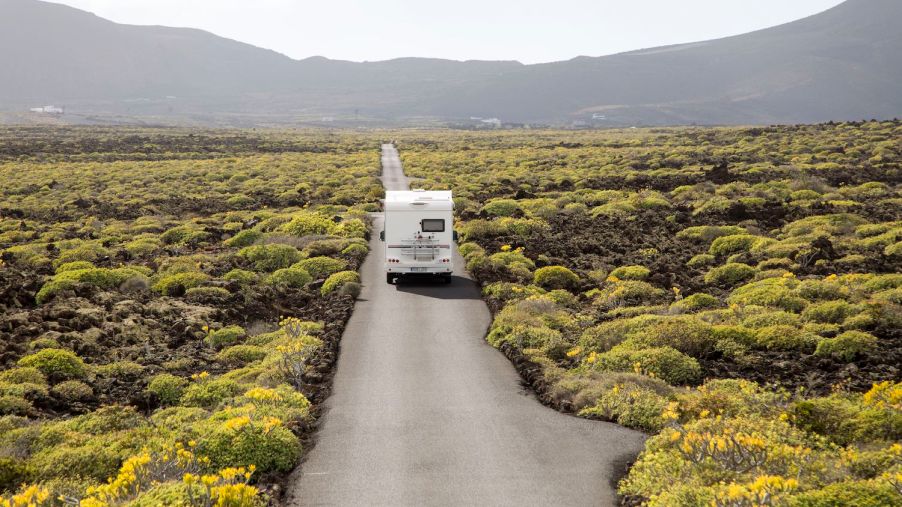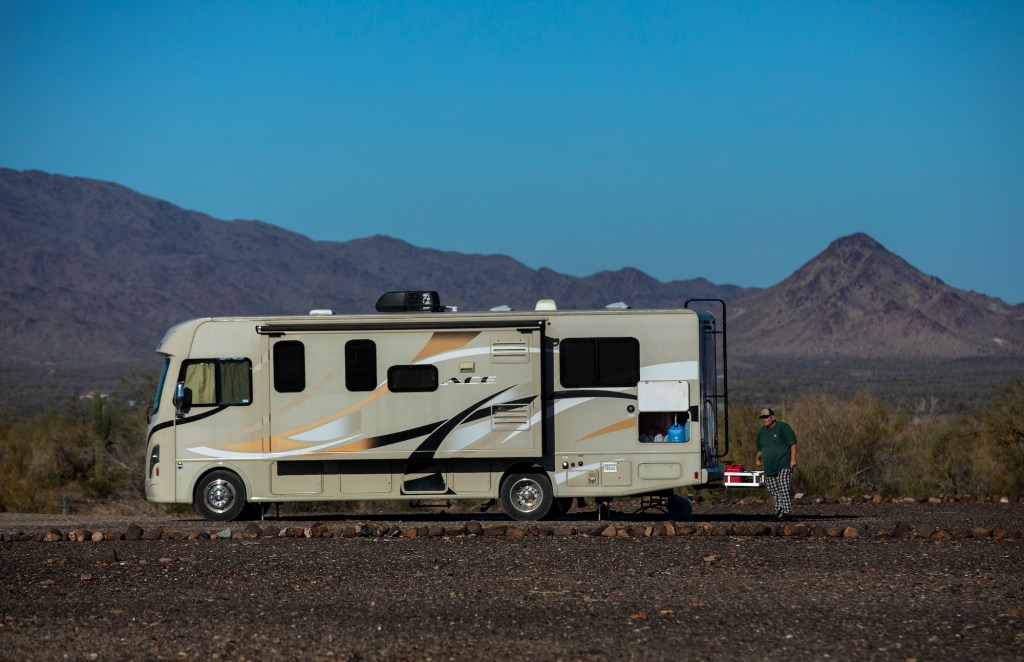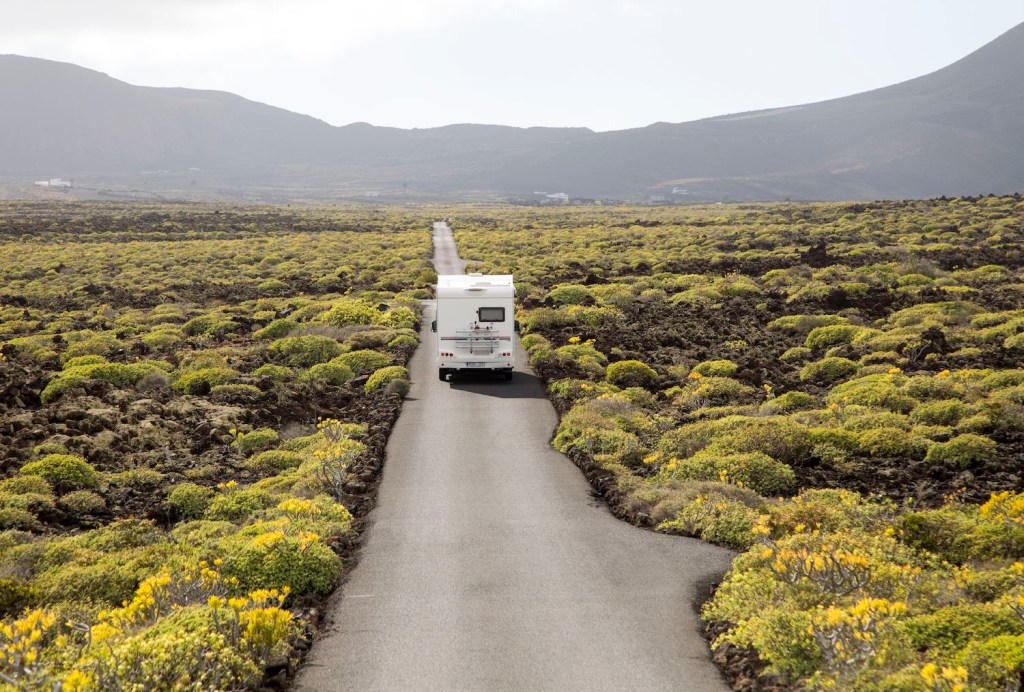
Living In Your RV Full-time Might Be More Dangerous Than You Think
As we continue to toil through this seemingly endless pandemic, people are getting more restless, and the need to get out and move is getting harder and harder to suppress. It seems RVs are the answer for many Americans who need to get on the move but want to keep themselves and others safe along the way. While camper vans and various other types of RVs like camper trailers can be a safer way to travel during this pandemic, they may be less safe than we think in other ways.
Is living in your RV full-time safe?
Like anything else, RV living is something that requires a little bit of knowledge and a whole lot of planning and common sense to do it safely.
Obviously, a big draw to RV life is moving around. With that comes going to new places that you’ve never been to. While this is a lot of the fun of living in a trailer or camper van, it can get you into some hot water pretty fast.

Different parts of the country and certainly different parts of the world come with their own natural stressors like specific weather patterns, flora/fauna, and cultural differences. These things can be difficult to navigate if you aren’t prepared. Responsible full-time RV living requires a bit of planning as good intel on weather and animal protection. Since the main idea of camper life is to spend a good deal of time out in the wilderness, you need to be prepared to deal with those things.
Being far away from people, means you are far away from all people
This can be a really nice way to spend a week or even a month, but as godownsize.com points out, this also means you are typically going to be far away from first responders and medical facilities. This is not a problem most of the time, but in an emergency, a plan can be really handy and potentially save a life. Preparing an emergency first aid kit along with fire protection and emergency rations are all good things to bring along when preparing for spending long periods of time in an RV.

Is towing or driving an RV safe?
They can be, but for the new RV owner, whether towing a fifth wheel or driving a larger rig, there can some difficulties in learning to operate these rigs safely on the road.
Most RVs are fairly large or are tow-behind trailers. Both versions of these common types of campers can be tricky to drive. The big class A, B, or even C campers are often cumbersome vehicles that require a lot of focus and attention to operate safely.
Because of their size and often large, flat sides, wind, and even other passing vehicles can easily affect them and cause the loss of control for new drivers. The same can be said for trailers as well. Taking time to familiarize yourself with the rig on open and uncrowded roads is a wise first step to keeping safe while living in your RV life full-time.
Remember to air out the RV
This may not be something that is immediately apparent when you start planning your RV life, but RVs don’t always have the best ventilation, especially older models. Think about cooking, taking a shower, and even breathing. All of these things put moisture into the air that will eventually condensate. If this moisture has nowhere to go, it can accumulate and lead to mildew and even mold. Remember to keep one or more windows open or at least cracked to circulate fresh air throughout the cabin whenever possible.
Also, depending on the climate of where you camp in your RV, humidity and rain can also make their way in, also more specifically for older models. Roof leaks and window seals can be tough to keep tight, but if you plan to live in an older used RV, these things can lead to dangerous mold and other air quality issues that can actually be dangerous.
Don’t be afraid just prepare
Living in an RV can be plenty safe; you just have to prepare. Godownsize.com really pushes the point that if you aren’t prepared for the long-term challenges of electricity, weather, animals, driving conditions, and access to health care, the RV life can quickly turn dark. However, with a little bit of planning and preparation, it can be a safe and unique experience.



